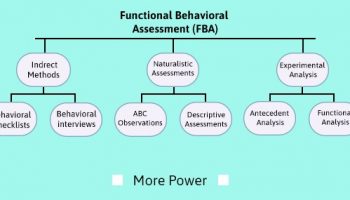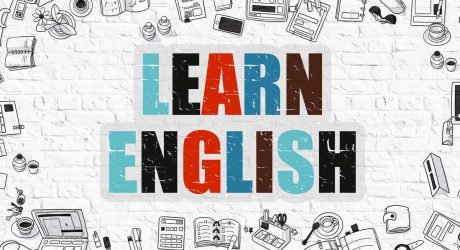You must have heard people talk about the various types of dyslexia. Well, you ever bothered to know what these people are talking about. Dyslexia in some simple words is the way different people can struggle with reading.
For instance, some people have a problem sounding out some words. If not that, some have a problem recognizing some words on sight. In some extreme cases, some struggle in more than just one area.
Even though there are no official types of dyslexia, there are reports that are looking into some possible subtypes. The main aim of this research is to enhance the understanding of different reading challenges. Once there is this understanding is achieved better ways of dealing with this problem will be sought.
According to many experts, this is one area where genetics plays a bigger role. There is a chance different reading challenges might be connected to some specific combinations of genes. In most cases, a child’s learning experiences tend to affect how their brain gets organized for reading.
These factors tend to explain why there are no couples of individuals with dyslexia who are the same. The research into the subtypes of dyslexia does not exactly mean that there are various types of dyslexia. In short, there are no things like type a or type b of dyslexia.
The dyslexia subtypes are just simply like those pieces in a puzzle. These pieces when put together tend to form a unique profile of exactly what someone’s reading challenges are. These details types can help families and schools find the right support that will suit their student’s needs.
Experts have come up with different ideas regarding how dyslexia should be broken down into the relevant subtypes. However, there is more research that is required in this area to help in the finer understanding of the area. There are so many types of dyslexia that are widely mentioned, let us look at some of those types.
Here are types of dyslexia:
Phonological dyslexia

When people talk about dyslexia this is exactly what they think. It’s about having trouble breaking down any language sounds and matching them with the written symbols. According to experts’ phonological dyslexia is the most common subtype of dyslexia.
Those people with any form of phonological dyslexia tend to struggle to some extent with sounds in words.
Surface dyslexia
It is proven that people with this type of dyslexia might find it hard to recognize the new words on sight. However, the same people might or will just be fine recognizing and reading some new words. Such people might take a longer period before learning to recognize new words without having to sound them out.
The main possible reason for this is because the brain finds it hard to remember how the words look like. People with this condition have a problem pronouncing words that do not sound exactly the way they are spelled. Surface dyslexia is also known as visual dyslexia or in some places dyseidetic dyslexia.
Many people have both phonological and surface dyslexia. The main reason for this is because having trouble decoding some words can also affect the way someone masters the same words. People struggling with reading might not encounter words often enough which means they may issue recognizing them at a glance.
Rapid naming deficit

Many people with dyslexia have a problem naming letters, numbers and even colors when they see them. Even though these people might say these names, it might be harder for them to name these words in a sequence. According to many people, this problem is related to having trouble with the processing speed.
Double deficit dyslexia
Double deficit dyslexia simply means that an individual is having issues with the two aspects of reading. This condition is used to describe those people who have problems identifying sounds in words. Other than that, it is also used to name those people who have trouble with the naming speed.
Many experts who have sufficient experience in this area believe that phonological dyslexia double deficit dyslexia is different. However, these experts believe that these two can happen at the same time or at once. Having these two challenges can bring up one of the most severe forms of dyslexia.
Other types of dyslexia
The phrase or term visual dyslexia is used by people in various areas differently. In some cases, the term is used in describing surface dyslexia. However, there are those people who use this term to mean something else.
Some people even think reading has something to do with the eyes. Such people go-ahead to claim the reading can be enhanced by improving eye exercises. If not, then they go ahead to suggest tinted lenses for people with this problem.
The American Academy for Pediatrics does not endorse these theories. The main for this is because there is no evidence to back either of them. It is not hard to hear about some kinds of dyslexia that are not backed by any form of research.
For instance, you will hear some people talking about something like directional dyslexia. By this, such people refer to those who are unable to tell right from left. Most experts have gone on to accept that this is a very common problem among those people with dyslexia.
However, these experts do not regard this as one of the subtypes of dyslexia. The reason for this as we said is due to a lack of evidence to back this theory.
There are those people who even talk about something like math dyslexia. By this, these people are simply referring to those people who a learning difference known as dyscalculia. However, experts still disagree that this is a form of dyslexia.
Testing for various reading challenges

Experts are still out there are trying to work out an understand what causes the many reading challenges. However, there are those schools that already have dyslexia tests. These tests are aimed at pinpointing out that aspect of reading that a student is struggling with.
Conclusion
Dyslexia is one topic that you need to understand so well. The information above contains everything that you need to know about the various types of dyslexia.
Read Also:




























